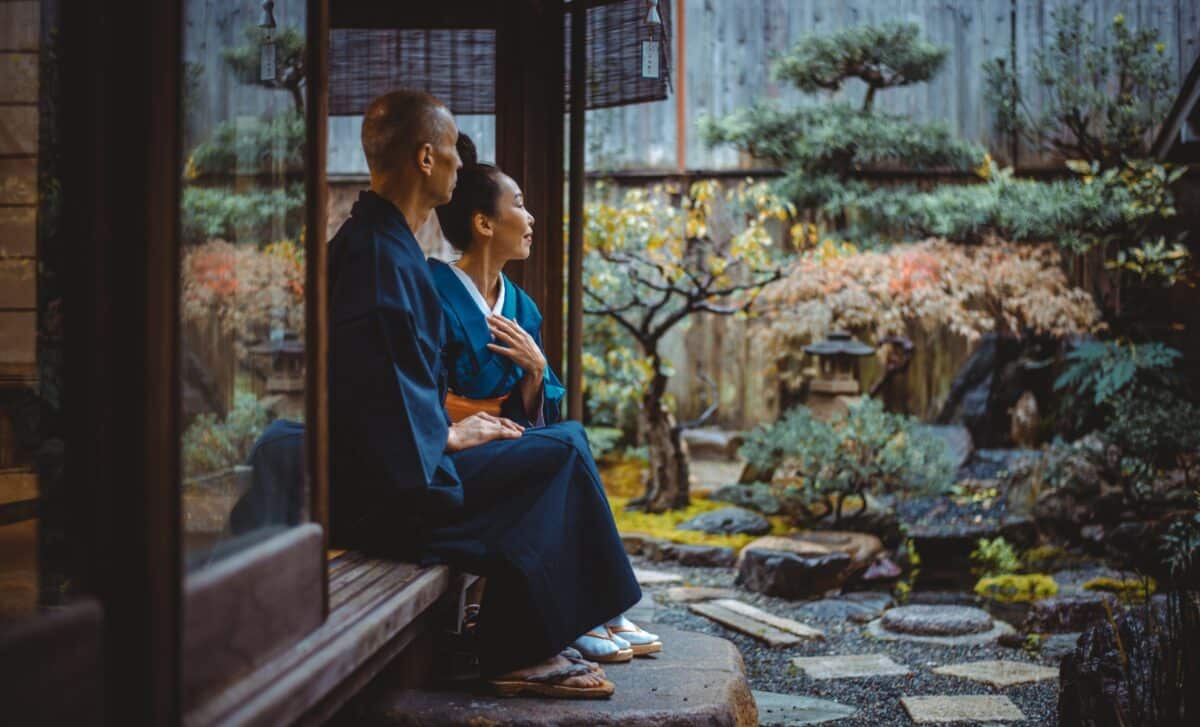Okinawa, a small island in Japan, is renowned for the extraordinary longevity of its inhabitants. The combination of ancient traditions and surprising dietary habits may hold the secret to their remarkable lifespan. Okinawans live not just longer lives, but healthier ones, with many reaching over 100 years old. Their approach to life offers valuable lessons on how to live well into old age.
Okinawa is part of the “Blue Zones,” regions known for having the highest concentrations of centenarians. But what is it that makes Okinawans so different? It’s not just their genetics or climate; rather, it’s their lifestyle and dietary habits that help explain their impressive lifespan. With its deep-rooted cultural practices, Okinawa offers a model for those seeking to live longer, healthier lives.
The Okinawan Way of Eating: “Hara Hachi Bu”
Okinawans are famous for following the simple but powerful mantra of “hara hachi bu,” which translates to “eat until you are 80 % full.” This practice, which emphasizes eating in moderation, is a central aspect of Okinawan culture and contributes significantly to their long life expectancy.
By stopping when they are only partially full, Okinawans avoid overeating, which can lead to obesity and chronic diseases like diabetes and heart disease. Studies have shown that this modest approach to food helps keep weight in check and reduces the risk of illness as people age.
The philosophy behind “hara hachi bu” is that eating less reduces the body’s metabolic rate and decreases oxidative stress, which is linked to aging. This practice not only promotes healthy aging but also helps prevent the overconsumption of calories that can shorten lifespan. Many Okinawans who practice this method live healthy lives well beyond the age of 90, with some reaching their 100s.
Want a Bite-Free Summer? This Is the Anti-Mosquito Plant the Experts Recommend
The Role of Apple Vinegar in Okinawan Diets
One of the surprising dietary habits in Okinawa is the use of apple vinegar, or “ringo-su.” This ingredient has been part of the Okinawan diet for centuries, and recent research suggests that it plays an essential role in promoting good health.
Apple vinegar is known to aid in weight management by acting as an appetite suppressant and lowering blood sugar levels after meals. It is commonly consumed as a salad dressing, mixed with water, or even blended with tea.
Apple vinegar is not only beneficial for weight loss but also supports digestion and metabolism. Studies conducted in Japan have highlighted its ability to improve metabolic function and promote the breakdown of fats, which could explain why Okinawans maintain a healthy weight despite their high-carb, plant-based diet. However, while it offers numerous benefits, experts caution against excessive consumption, as too much apple vinegar can irritate the stomach.
A Holistic Approach to Health: Social Bonds and Active Living
Okinawa’s approach to longevity is not just about diet—it is also about maintaining strong social connections, managing stress, and staying physically active. Okinawans live in tight-knit communities where family ties and friendships are vital.
These social bonds provide emotional support, reduce stress, and improve overall well-being. According to studies, maintaining these relationships and socializing regularly can reduce the risk of mental health issues like depression and cognitive decline, which are common in older adults.
In addition to strong social ties, Okinawans are physically active throughout their lives. Regular activities such as walking, gardening, and even traditional dancing help keep them fit and mobile well into their 90s and beyond. This constant movement, combined with their low-stress lifestyles, helps prevent diseases like arthritis and heart disease. Okinawan culture emphasizes maintaining a sense of purpose and staying engaged with life, both mentally and physically.
Okinawans also practice a concept known as “ikigai,” which refers to having a sense of purpose in life. This deep sense of meaning and fulfillment, often found in community service, hobbies, or family roles, helps them stay motivated and content as they age.







